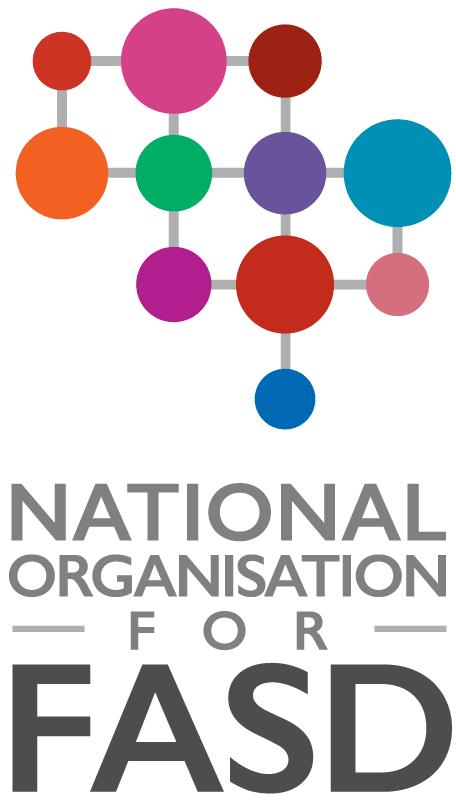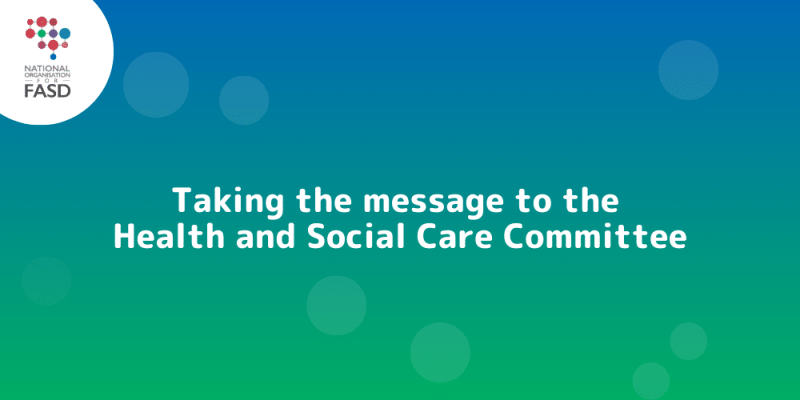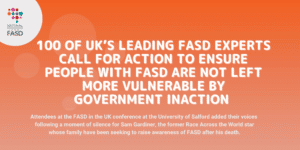The Health and Social Care Committee, led by Chairperson Steve Brine, MP held a session on 6 February, 10:00-10:45 looked at prevention of harm caused by drinking in pregnancy. National FASD's Chief Executive Sandra Butcher was asked to give oral evidence. In this blog (now updated after the hearing) she describes why this was important and why she attended.
It's my job to speak truth to power
I lead the National Organisation for FASD. Our job is to help protect babies’ brains from being damaged from alcohol exposure in the womb. It is also to ensure that those who have Fetal Alcohol Spectrum Disorder receive the diagnosis and support that can change their trajectories, so they don’t live their lives unseen, unheard, and misunderstood with the dire consequences that can follow that families all across the UK could describe to anyone who cares to listen.
I was invited to speak before the Health and Social Care Committee about preventing harm from alcohol exposed pregnancies and the prevention of further harm from undiagnosed and unsupported FASD. In what we think is the first time ever, FASD is being considered by the Parliamentary committee whose job it is to “to scrutinise the work of the Department of Health and Social Care and its associated public bodies” and to “examine government policy, spending and administration.” Outside of my control, the other invited panelists were from industry or industry sponsored organisations. The invitation was based on written evidence we submitted nearly a year ago.
Here's what I said, in a nutshell:
- Policy makers should meet with people with FASD and their families.
- Called for a Government Green Paper based on the DHSC FASD Health Needs Assessment, leading to an FASD Prevention and Response Act.
- Urged the Committee to invite the Secretary of State for Health to come discuss next steps following the Needs Assessment and the NICE Quality Standard 204.
- Called for an FASD Prevention and Response Fund at about the level at least of 0.1% or 0.2% of the alcohol duty.
- Called for better labelling about alcohol and pregnancy and information about the risks at point of sale.
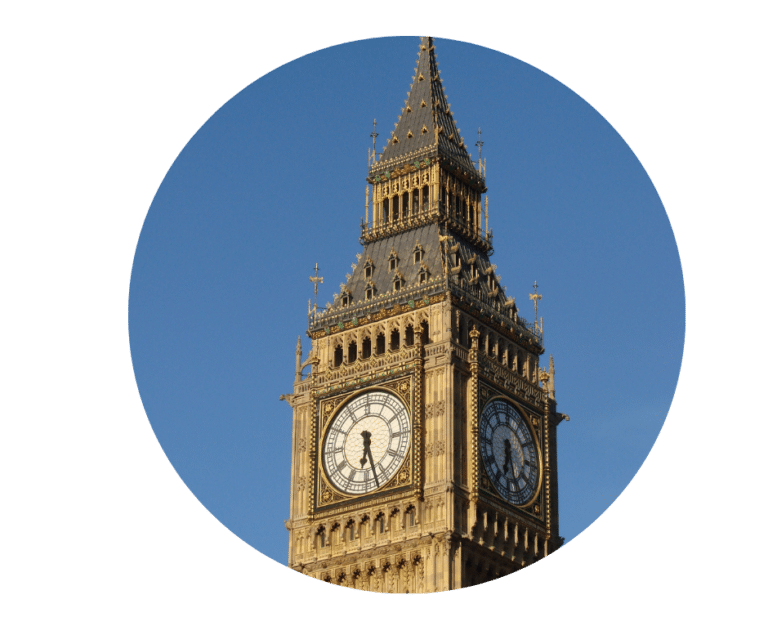
Why I participated in this hearing
In the UK some 77% of women drink alcohol and approximately 50% of pregnancies are unplanned, so it’s not good enough to wait until someone is pregnant or planning a pregnancy to warn them about the risks of alcohol in pregnancy. Our most recent poll done this past weekend shows 20% of the population still does not know the CMOs advice is to avoid alcohol all together if you are pregnant or could become pregnant. It’s unlikely even those who do know the guidance understand why it’s important. We all have a role in doing better here.
The session had a tight timeline. You can see in the clips above what was discussed. We also will submit additional written evidence. Below is more information on the topics discussed.

Parliament and Government need to act
To get the needed changes, Government has to step up to put muscle behind some major policy changes and official calls for improvement of services that have happened in recent years. We need Parliamentary oversight to ensure those excellent words on paper that have come out of hundreds of hours of policy work across the NHS, NICE, SIGN, PHE/OHID and more are operationalised.
- Government should publish a Green Paper based on the 2021 DHSC FASD Health Needs Assessment examining how it can be implemented, leading to an FASD Prevention and Response Act.
- We need the Committee to take evidence from the Secretary of State on how calls for improvements in services from NICE and DHSC are moving forward and who is tracking how ICBs are implementing the calls for improvements, including the pathways and cross-sector care management.
- As this is the Committee on Health and Social Care, we also need them to encourage joined up thinking on neurodevelopmental conditions. We need Parliament to ensure FASD is included in all the work being done on Autism and Learning Disabilities – and would encourage instead using the more inclusive phrase Neurodevelopmental Disabilities or Conditions instead.
We need an FASD Prevention and Response Fund
It’s time for a fund that will cover costs related to raising awareness of the risks of alcohol in pregnancy and for further improvement in the diagnosis and support for those with FASD.
- We need funding for FASD research, training and a national prevalence study.
- We need a National Centre for FASD Excellence (the one part-time national clinic in Surrey could fill this role with additional funding). That clinic currently cobbles together its small annual budget. Instead, it should be funded for full time work over 5 years with a national project manger whose main role would be to help England implement the called for changes and to help shape the business cases and establish the networks needed so that after that point in time local areas could take on the processes.
- More needs to be done for data collection, including funding and establishing a national FASD database as is being researched by the University of Bristol.
- Funds are needed for charities and third sector organisations on the frontline providing support and developing resources. The one funding call earlier in 2019/20 led to some world class materials being developed once the third sector had access to funding – that needs to be repeated and expanded.
- We need joined up thinking (and funding) across the NHS (and with other services) – to ensure that social care, criminal justice, education and other departments are on board and appropriately trained.
- This fund should equal at least 0.1-0.2% of the annual alcohol duty. That would mean at least approximately £13 million annually.
Industry needs to act
We need the alcohol industry with its considerable reach to actively help to educate about the importance of alcohol-free pregnancy. We use every opportunity in discussions with industry leaders to emphasise that they need to do significantly more to increase public awareness, for example through:
- Stronger labels that include words and using both black and red colours to highlight the risks and using different graphics that show a pregnant woman refusing a drink rather than the old-school paternalistic x’d out woman.
- Each alcohol company has a responsibility to raise awareness that drinking alcohol during pregnancy can cause birth defects via their considerable PR machines.
- Industry funded groups like Drinkaware should run public campaigns about this.
- Industry should work with licensing boards to follow the example of Ontario to have warning signs at the point of sale.
- Industry needs to do more to consider the impact of their marketing to women and to reduce the incidence of FASD.
Traditional alcohol harm groups need to act
These groups do good work but they do not include the risk of harm from prenatal alcohol exposure among their top priorities and have at times instead of engaging with the FASD community, engaged with and funded people and organisations that are known to be FASD sceptics despite the sea change in official UK policy about this.
Why focus on funding?
Studies show 2-4% have FASD. That means more people have FASD than autism. The National Autistic Society has a budget of more than £99 million. Our organisation struggles to maintain a £300,000 budget and we have only been at that level for just over a year. The £50,000 – £75,000 pounds a year we get from industry is hardly a drop from their very large bucket. But it has allowed our organisation to stay open at times when that wasn’t likely, enabling us to continue the vital work we do. We need the funds. The entire sector needs funding.
There is currently no government funding for FASD and no plans so far as we know to change that. In 2020 Government provided one-off funding in the range £500,000. This came nowhere near investments in FASD prevention, research and care in the US (>$30million) and Australia (>$37 million).
Private UK foundations and trusts for the most part have not yet risen to take on the challenges of FASD in the way they have other neurodevelopmental conditions like autism or ADHD – which is a shame because those who have funded in this space have enabled profound impact with modest funds and we are deeply appreciative for that support.
Let’s look at it another way. The Office for Budget Responsibility estimates that the alcohol duty will raise £13.0 billion in 2023/24, increasing to £17.1 billion in 2028/29. If only 0.1% of those funds were set aside that would mean £13-17 million per year to prevent alcohol exposed pregnancies and to support those with FASD – and of course 0.2% would be even better and more on scale with commitment from other countries.
We simply do not accept that there are no funds for FASD prevention and support.
What’s lacking is political will and focus – from Government, industry, foundations/trusts and traditional alcohol harm groups. Meanwhile, more babies are being born with FASD and our kids are gasping for air trying to survive in a system that gives them no space or understanding, let alone helping them to thrive.
It’s not good enough.
Why we need an FASD Prevention and Response Fund
While we know budgets are tight, but not funding an FASD Prevention and Response Fund is a false economy. The whole point of the Committee’s inquiry is to consider the importance of prevention across the NHS.
This is a prime area where some spend-to-save steps can have profound impact.
Many with FASD are among the most vulnerable in our society and are already accessing services, but that money is being used inefficiently. People are not getting the right type of help they need because their FASD is not diagnosed and people around them don’t have training on how to support them. They are straining every service and jamming up the legal system.
Government has invested more than £60 million in a new “Building the Right Support Action Plan” and £1.4 million for mandatory training for Autism and Learning Disabilities that doesn’t address FASD (people with FASD often are not considered to have a learning disability due to outdated usage of an IQ cutoff). They have been recommended by the Khan Review to invest £15 million in trying to prevent smoking in pregnancy (and are offering financial incentives to encourage women to stop smoking in pregnancy). Despite the fact significantly more women drink than smoke (77% vs 11.5%), there are zero funds for FASD prevention, recognition or support. This, even though there are new diagnostic guidelines and the DHSC and NICE strongly urging improvements in this area. Where’s the sense in that?
Where’s the joined up thinking?
A comment about industry funds
Traditional alcohol harm groups support a strong alcohol duty since, as Alcohol Change says, “Revenue from tax on alcohol can be used for NHS, support services and harm prevention work, addressing alcohol harm as it is happening.” At the same time, they object to the industry directly or indirectly funding alcohol harm programmes or organisations such as ours.
Our organisation’s trustees decided in the mid-2000s to accept alcohol industry funding (as have some of the strongest FASD organisations internationally), while other FASD groups and coalitions reject alcohol funding and those organisations that accept it.
Let’s be clear. National FASD does not allow any substantive input from industry into our work. We ringfence industry funding so it is used only for learning for practitioners. We strongly advocate that it’s safest to avoid alcohol if you are pregnant or could become pregnant, and have done so long before this was adopted by the Chief Medical Officers and other alcohol harm groups. Through funding from Diageo, our most consistent funder, we have reached more than 16,000 midwives and have recently launched a new Alcohol and Pregnancy toolkit along with a free e-course for maternity teams that contains the latest scientific evidence, policy guidance and best practice – all reviewed by specialist midwives and other experts and guided by our input from birth families and those with lived experience.
The public agrees with us about industry funding.
In 2022 we commissioned One Poll to do a national poll of 2000 people. When asked, “Should charities seeking to raise awareness of the risks of alcohol in pregnancy accept funding from the alcohol industry?” only 8% of the public said “Charities should never take funding from the alcohol industry” with a further 18% saying they didn’t know. OnePoll also asked “How do you feel about the alcohol industry funding projects related to the harms they cause? E.g. should they donate to charities which help people with FASD, a lifelong condition caused by alcohol exposure before birth.” Only 6% said it as a bad or a very bad idea, with 9% unsure.
It’s not good enough to say we shouldn’t take funds from industry without an alternative, especially when there is no other place in this country that is stepping up with appropriate funds. Without the consistent support of Diageo, the National Organisation for FASD would have closed years ago. That’s fact. It’s also fact that we have never changed our focus or our mission as a result of their funding. Nor have they asked us to. If they did, we would not take their money.
While arguing against funding of charities, some of the most vocal alcohol harm voices call for alcohol duties to fund the NHS. We absolutely respect those who have a strong abstinence message who don’t think industry has standing on broader alcohol harm issues. But those same traditional UK alcohol harm groups and coalitions simply do not prioritise prevention of alcohol in pregnancy in their forward plans. When and if they do address it, they wrap it up with all the other alcohol harms – which we by no means underestimate or belittle. What we don’t understand is why the silence on this issue. One of the lead groups even says in one of its publications, “Our publications do not look at damage to the brain caused in the womb.” Why on earth not?
There is no ‘pure’ stance here. With more than £13 billion entering the NHS and other public accounts, the fact is that many public health bodies and people who criticise groups like ours for taking alcohol funding are themselves funded by alcohol duty revenue, which rightly or wrongly is currently helping to prop up the beleaguered NHS at this time. Some of the most strident anti-alcohol funding advocates even call for duties to help fund the NHS.
It seems a bit counterintuitive to avoid making alcohol in pregnancy a top priority and wait for funds to enter the public coffers after the sale, by which time babies’ brains might have been forever poisoned and damaged.
That said, we recognise there are many ways toward the goal, and we will work with all to try to reduce FASD. The sad fact is, we are all already are paying for the damage done – on a personal and societal level.
Let's all agree that FASD is a priority
We believe those who were harmed by alcohol before their first breath should be at the front of the queue when it comes to funding and the use of the alcohol duty. But the NHS doesn’t yet have a directorate for FASD, isn’t funding a national service or National Centre of FASD Excellence, isn’t funding the FASD research and training that is needed on things like a national prevalence study or a FASD national database. So internally as the massive alcohol duty is being distributed it’s being sucked into other more familiar places and not addressing FASD prevention, diagnosis or support.
Hopefully that will change. It should. That’s why we need an FASD Prevention and Response Fund. That’s why we need Parliament to hear our side of the issue and to ask those important questions of ministers.
That’s what I want to say to policy makers, to industry, to other traditional alcohol harm groups – to anyone who cares about better tomorrows for some of society’s most vulnerable.
“Speak truth to power,” was a rallying cry in my student days. On Tuesday, that’s what I tried to do and will continue to do in any way I can. My truth, my son’s truth and hopefully to the best of my ability representing the truths of the more than a million people in this country who have undiagnosed and unsupported FASD and all those pregnant women who dream of a bright future for the children while not realising the impact of an alcohol-exposed pregnancy.
The time is now for change.
Find out more
(The above recommendations build up work that National FASD’s Experts Committee undertook in our groundbreaking The Time is Now: The National Perspective on Ramping Up FASD Prevention, Diagnosis and Support roundtables and report.)
